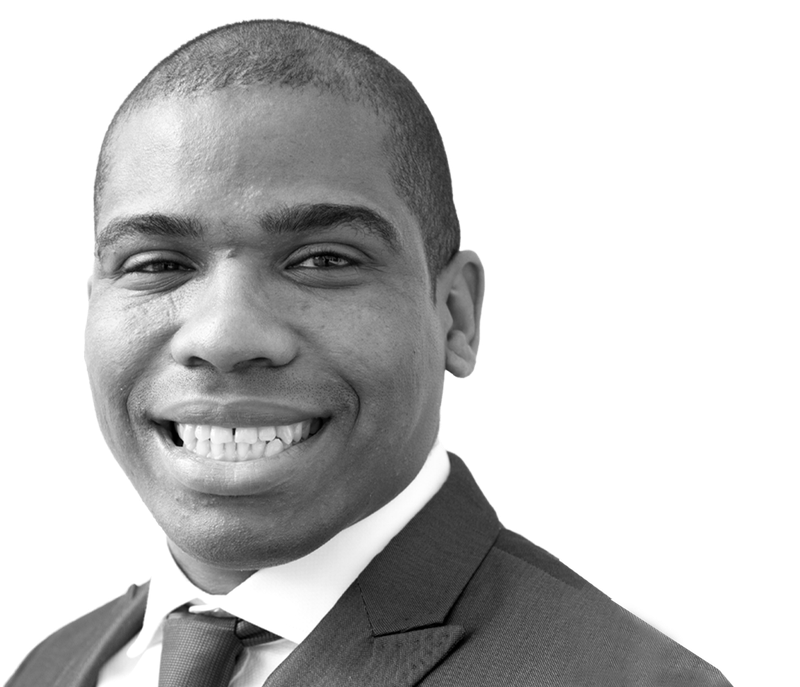The 2016 Knight Frank Wealth Report revealed that a lack of communication and trust between the first and second generations is one of the main reasons why heirs are unprepared to take on their new role as custodians or stewards of family wealth.
Why do families fail to communicate about such an important aspect of the future well-being of the next generation? The main reasons cited by researchers include not wanting to face up to or speak about the older generation’s mortality, not making or having the time to do so, or not wanting to disclose financial details to children or a spouse.
The conversations required are, however, about so much more than just financial matters. Financial education is of course imperative, but equally important for the successful retention of wealth by the next generation is for all family members to ‘buy in’ to a set of agreed family values, as well as the legacy with which the family wishes to be identified, leave behind and be remembered by.
How can you ensure your wealth is transformed into a lasting legacy during its transfer to the next generation? We’ve identified the following steps:
- Set up a family conversation with both generations present, often the younger generation requests the get-together.
- Share the story of how the family wealth was made, the hardships suffered in the process, and the lessons learnt. It works best when the younger generation interviews the older generation to make sure they hear the full story and understand all its facets.
- Consider a set of family values to be shared across generations, and draw up and record a family wealth plan as agreed to by all around the table. During the conversation it often becomes clear that there are already certain family values in place, but the members of the younger generation put these into practice in different ways to their parents.
- Introduce the next generation to your team of advisers, and include your children in future meetings with them:
- Your team typically includes your lawyer, accountant, wealth manager, portfolio manager, trustees and banker.
- It’s vital that your children cultivate relationships with each member of your team and get to know them personally.
- The next generation should be invited to trustee meetings, and then be appointed as co-trustees at an appropriate age.
- Hold annual meetings where the family wealth plan is discussed, as well as proposed amendments to it:
- The family wealth plan should be provided to the team of advisers, any proposals by them should be tested against it.
- The structures in which the family assets are held should be tested against the family plan, both when it is drawn up, and on an ongoing basis.
- All proposed transactions should be tested in principle against the family’s long-term objectives, as recorded in the family plan.
- Educate your children financially – this includes investment training, trustee training, and broader financial education:
- Your team of advisers can assist in the financial education of the next generation.
- SPW offers trustee training to prospective trustees or trustees already in office. It covers trustee responsibilities as well as a crash course on trusts and how they work in practice from a tax, accounting and legal point of view.
Our Fiduciary and Tax specialists can assist you in implementing these steps – contact Marteen Michau at marteenm@privatewealth.sanlam.co.za or on 011 778 6656.
